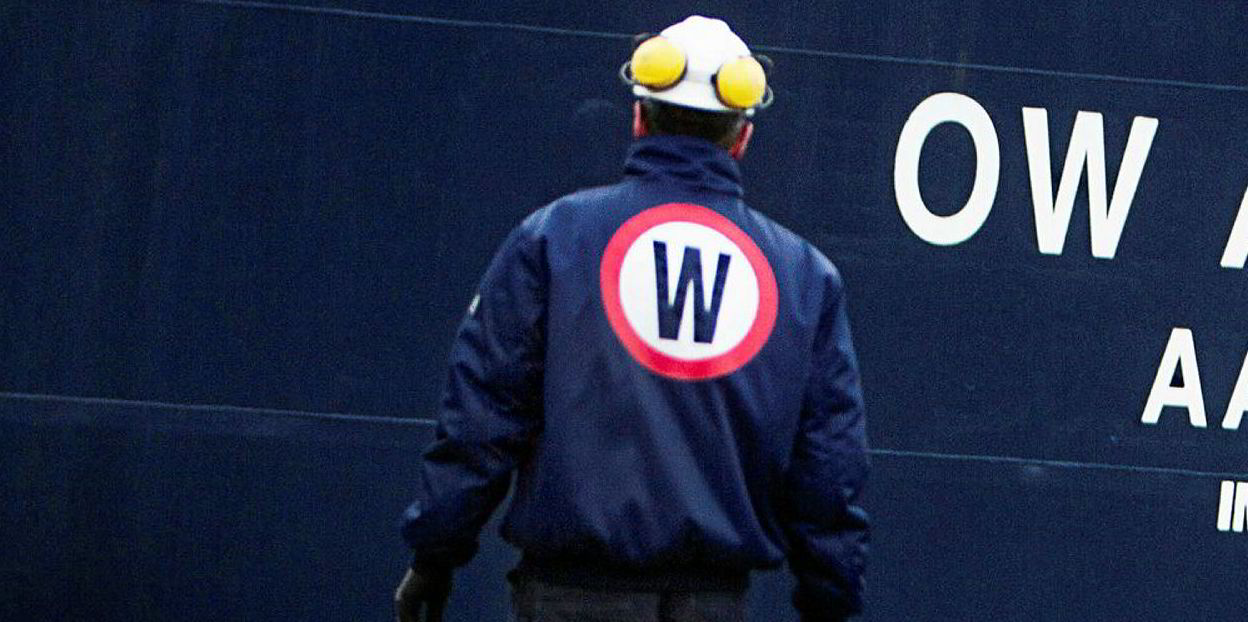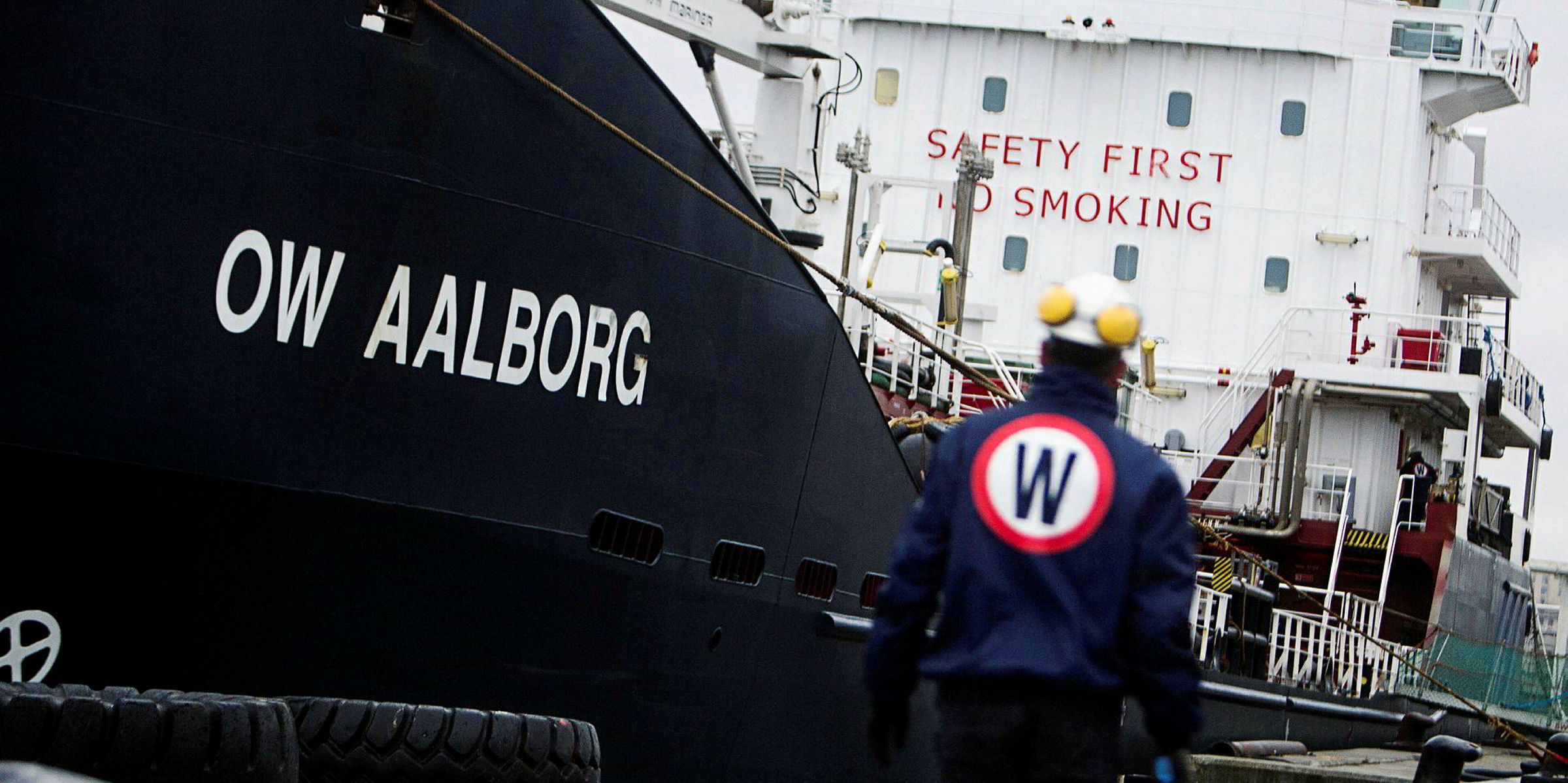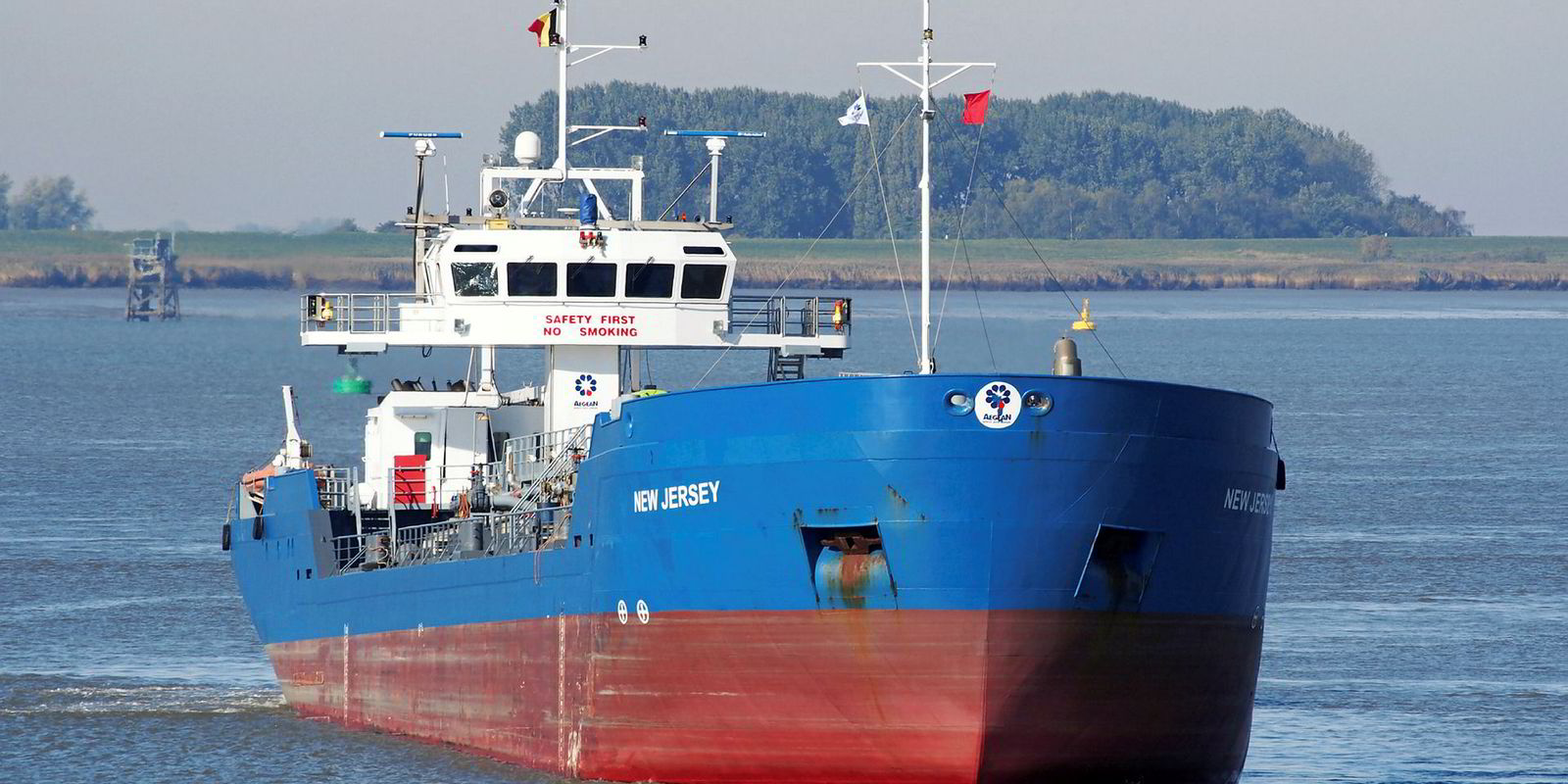In 2014, OW Bunker went from having a 10-figure valuation to insolvency seemingly overnight, leaving a worldwide legal mess in its wake.
But the cases that worked their way through the US courts are winding down. And while the legal lessons appear rather simple, they may have changed the industry irrevocably.
“The issue for the physical suppliers is primarily: what are they going to do?” says Bruce Paulsen, an attorney with Seward & Kissel who represented ING Bank in several cases.
Lawsuits and appeals
Over and over again, in lawsuits and appeals in courts across the US, judges sided with ING Bank, ruling that OW Bunker’s lender was entitled to liens against ships for unpaid fuel.
The claims arose after OW — valued at $1bn when it went public in March 2014 — declared bankruptcy eight months later after fraud at its Singapore subsidiary.
That left ING, which had lent the Danish company $700m secured by its accounts receivable, and the local physical suppliers that OW enlisted to refuel the ships on credit, moving to seize vessels to get paid. In some cases, surviving OW entities were also chasing ships, claiming to hold a lien.
The solution, according to Stephen Simms of law firm Simms Showers, is to write contracts to transfer the right to liens to the physical supplier until the bill is paid.

“The supplier will have the right to arrest the ship only for what they’re owed until they’re paid,” says Simms, who represented some bunkerers in the OW fallout and sits on the International Bunkering Industry Association board.
Just make clear that the lien is transferred to the supplier when the supplier is selling on credit, then when the supplier is paid, it transfers back
Stephen Simms
“Just make clear that the lien is transferred to the supplier when the supplier is selling on credit, then when the supplier is paid, it transfers back.”
Simms says he has written up contract language that would codify his proposal. Some bunkerers have taken him up on the suggestion.
Still, he acknowledges that some traders are skittish, as it could publicise their margin, and shipowners still worry they might get caught with two parties fighting over their payment.
“If you’re the shipowner defending against an arrest, the first thing you ask is: ‘Did you pay your physical supplier? Was there a lien transfer?’,” Simms says. “If the answer is ‘no’ and ‘yes’, then all the trader gets is their commission. It’s all they can arrest on.”
Such changes represent a change for an industry that was “old school” for most of its history, according to 20|20 Marine Energy senior partner Adrian Tolson, a former OW executive.
“Everybody kind of had their friends and dealt with their friends,” he says.
“I think this was kind of a coming of age. That was no longer the business we were in. You couldn’t trust a handshake any more, whether it was electronic or whatever. People had to change how they document transactions, terms and conditions.”
Some shipowners are buying their fuel through physical suppliers only, not intermediaries like OW; some suppliers are being squeezed out; and more parties are doing due diligence on their counterparties.
OW’s collapse — plus the bankruptcy of Aegean Marine Petroleum Network — have hurt the industry’s reputation, Tolson concedes.
“The mess and the melee and the damage that [this] has done has had a big impact in the way banks look at the industry,” he says. “The bunker industry has not got a super-duper reputation.”






